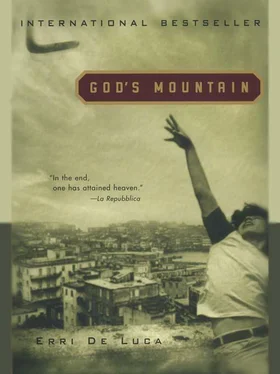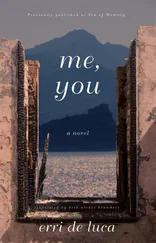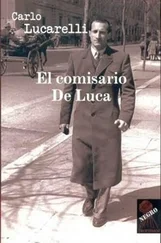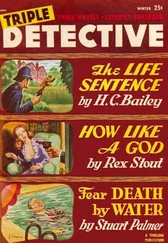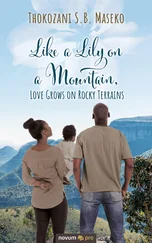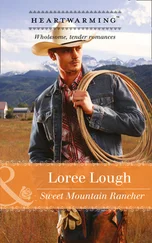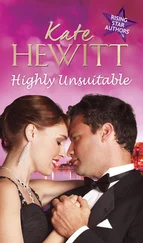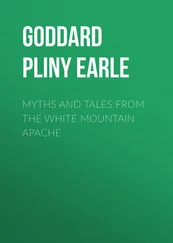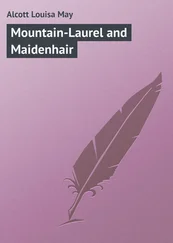
I WAKE up. She’s in the kitchen. She’s boiled some water and she’s pouring it over a coffee filter. At her house they use a moka machine that makes the coffee come out the top. I tell her that if the coffee goes up it’s already tired when it arrives. Maria laughs. Very funny, she says. Truth is, I was only sharing an affectionate thought about coffee that I’ve only just gotten to know and that I like a lot, black with no sugar. I leave money on the table to buy what’s missing from the kitchen. I put on the boomerang, my working jacket, and go down to the shop to open the gates. Mama, I think as I go downstairs, hurry home because I’ve got to ask you some stuff about women. It’s cold. A northern chill in the stairwell makes me close my eyes, and I realize that the answer is no. Papa arrives at the workshop. Master Errico walks up to him. He’s crying. I stand there with the broom in my hand. I squeeze it tight and keep my good eye closed so that I’ll see everything out of focus and I won’t see Papa’s face. He’s ashamed of crying in front of me. Master Errico takes the broom from my hands, pulls it away from me. We go out. He closes the workshop in mourning and goes to the hospital with us. Mama’s not there. They’ve closed her in the coffin. I keep my arms close to my chest so that I’ll get some warmth from the boomerang. The smell of sfogliatelle comes from a nearby bed. A man opens up a bag of pastries and offers us some. That’s when the teardrops burst, now I know how to say it in Italian, because they come out and burst from your eyes with a shot from inside, a shot that forces them out.
MY FATHER ’ S stopped crying. His face is drained. He pays no attention to the people who come and speak to him and shake his hand or mine. I keep my good eye half closed and make myself look the way I’m supposed to for the procession of people from Montedidio. Then Maria arrives. She goes straight to Papa, takes him by the arm, and accompanies him outside. He goes with her quietly to get some fresh air and I stay behind to stand guard over the body of my mother, who didn’t even want me to see her. Maria’s parents came back home to get their suitcases. When they didn’t find her, they left her some money and asked Don Ciccio to look after her. They have to take an emergency trip, they’ll be back soon. “They’re in trouble,” says Maria, who heard about my mother from Don Ciccio. She did the shopping and came home to prepare something hot for us to eat. We leave the hospital. Papa’s in the middle. He doesn’t once look up from his feet. We guide him down the narrow sidewalks, where people are packed together as tight as olives in a jar. He’s gotten thinner, and lets himself be moved about by us and by the wind that slaps our faces and makes them tougher.

MARIA MAKES a maccheroni frittata. I set the table. Papa sits down stiffly on the edge of a chair. His hands are on his knees. This way they can keep still. He’s leaning over his legs a little. Teardrops break away from his nose and drop straight to the floor. Maria turns the frittata out onto his plate directly from the skillet, saying, “It’s ready.” Papa moves his chair in and quietly eats his whole portion. Maria sees the empty plate and fills it again without asking him. He finishes it. The more he chews the more the muscles in his face, his eyes, and his brow start to move again. Maria says that the shopkeepers raise their prices at Christmas and take advantage of people who want to make a good impression once a year. “We have to do the shopping in mid-August.” The only thing Papa pays attention to is his plate. He cleans it with a piece of bread. Then he stands up and says he’s got to go to the porters’ cooperative to start working again. He tells me to buy a flask of wine, leaves me three hundred liras. Maria clears the table, washes up, puts things away. Maria does things quietly, proving that she knows how to run a kitchen and that even with a sad life you have to keep busy. At least that way there’s no dirt, which would be one more offense. Instead everything’s in order, even with tears in your eyes.
THE AFTERNOON is free. I tell Maria that we should go to Mergellina, where there’s a pier that stretches into the sea. At its far end is a lighthouse and a reef, where you can be outdoors without the city around you. I want to go there because the houses, the streets, everything stops, and suddenly Naples is gone. The open sea and the crashing of the waves conceal it. All you have to do is walk down the pier. Maria puts on her coat. Her scarf is already hanging on the door. Her readiness soothes my bones. On the promenade I buy her a pork-fat-and-pepper tarallo . The wind carries away our warmth. We get it back by walking quickly. Not many people dare to take the walk. American soldiers in rubber shoes hurry by. The aircraft carrier in the bay is the only ship that doesn’t move on the choppy sea spiked with whitecaps. Maria looks at the American soldiers and says, “They’re a beautiful race but they’re always running, running for nothing, for no reason. We Neapolitans have to be thrown out of our homes by an earthquake before we start running.” Maria, why don’t we run, too? “Noooo,” she says, and with her arm she pulls me back into step with her.
AT THE Mergellina pier the riggings on the sailing ships are whistling. The dogs are scared. They hide under the fishermen’s boats in dry dock. The two of us are the only ones to go out on the pier that juts into the middle of the dark sea. The boulders of the breakwater throw water in the air, the waves crash, stop short, and split apart by the bucketful. The boomerang underneath my jacket trembles in the forceful air, pressing its electricity against me. I’d like to throw it against the sea, the north wind, the aircraft carrier, and everything that moves, but not at my mother, no, she can no longer move. Stand still, all of you, stop in your tracks for a minute: if only I had a sliver of voice in my throat to make myself heard, a voice that the wind could spread over the city and make it stand still for a minute. Maria holds my arm tight. I don’t slip away from her, don’t remove the knot of my fist from the handle of the boomerang. At the end of the pier the lighthouse is the farthest point from the city, which seems to have come to a stop. I’m pleased to see it quiet for a minute. A few lights flicker from the island across the bay, from the towns on the coast. Naples’s shoulders are protected from the wind and you can’t hear a thing. I swallow big gulps of sea air. Maria says, “Let’s go back.”

PAPA RETURNS home for supper. He sees the wine and before pouring himself some to drink he tries to explain, in Italian, “As long as she was alive I guarded her life, I snatched her away from death day and night.” He drinks it down and says sharply, “Mò nun pozzo fa’ niente cchiù.” Now there’s nothing more I can do. Maria nods her head. I’m just happy that he’s searching for peace. He stayed with Mama till her last breath, and didn’t want to go one step farther, not even to the cemetery. He pours himself another glass, asks if we’re drinking, too. Maria says yes, I say no. She sips a couple of drops from the glass to taste it. Papa tells her, “That’s not a sip, it’s a breath. You’re teasing the wine that way.” Maria makes up for it by draining the glass with a flick of her wrist. We eat slowly, you can hear noises from the other homes. Papa drinks, passes his hand over his face, rubs his forehead. “Thanks for the supper.” He gets up, says good night. In bed we lie close to each other but don’t embrace. She says that her blood is running but it’s not a cut, it’s a change that women go through. She drank the wine to get her blood back. Before falling asleep, she says the precious words, “I care for you.” As usual I don’t know what to say in return.
Читать дальше
